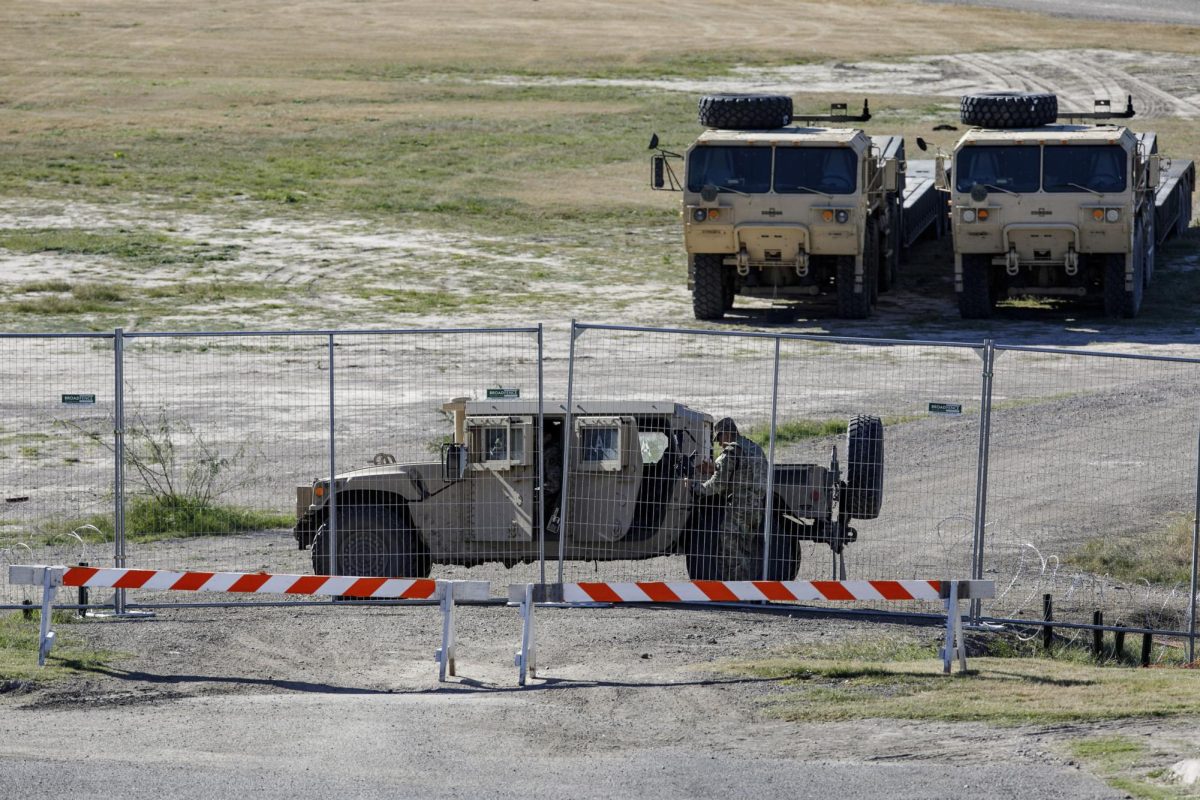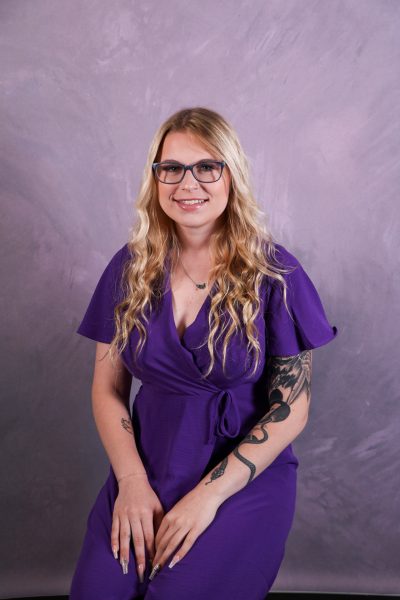On Sept. 27, 2022, the Tarleton State University halls filled with a ring as everyone on the campus received an email. This email invited faculty, staff, and students alike to fill out something called the “climate survey.”
The email gave a brief description of what people were about to unravel, helping them understand why such a survey was being presented.
“This survey will help to deepen our campus community’s understanding of the student experiences related to issues of diversity, inclusion, and belonging,” the email from Dr. Elizabeth Wallace, Assistant Vice President of The Lozano Long Division of Global, Community, and First Gen. Initiatives, said.
While many took advantage of the opportunity to speak their minds, some still lacked the explanation of what exactly the climate survey was.
“The climate survey was an instrument that we administered to the whole campus so that we could determine what the experiences of our students, our faculty, and our staff are at Tarleton. Particularly how it relates to their sense of feeling connected to the university, to one another, that sense of belonging and mattering,” Dr. Sherri Benn, Vice President of The Lozano Long Division of Global, Community, and First Gen. Initiatives, said. “So, it was our way to just really assess for Tarleton how our students are experiencing their educational right, the education that they are getting here at Tarleton and what that experience is like for them and then also what that experience is like for people working here. What is it like to work at Tarleton? What is it like to be here serving students, teaching students, and working with students? So, in general, that is what the climate survey is about.”
The name “climate survey” may not make sense to the greater population. Climate, by definition, means “the weather conditions prevailing in an area in general or over a long period.” However, a lesser known definition of this word is, “the prevailing trend of public opinion or of another aspect of public life.”
“The reason it is called a climate survey is because it indicates to us what the general climate of Tarleton is like from the perspective of our key stakeholders,” Benn explained.
The importance of this survey has slowly started to arise as the data that was provided has given ample opportunity for our school leaders to grow.
“It is very important that the decisions we are making are data informed, and not just ‘well here’s what we think, well here’s my opinion.’ Well, what does the data tell us, what do the actual numbers say, and what are our students saying based on the survey. Something that is really important about this survey is we had such great participation. We had a really good participation rate and so it is a really good representative of what our students are really experiencing, what are our faculty and staff are really experiencing,” Benn explained.
The participation rate that took place not only was greater than expected, but was enough to truly show that our students want to speak for Tarleton State University.
“Our students spoke loud and clear. We got over 2,500 responses and there is a little calculation you can do to see if a survey truly represents people if you hit a certain number, we are over eight times that number. So, our students really said, ‘ here is what we love, here is what we need,’ and so this has been such a good instrument for us to talk to faculty, staff, our leaders, and our student leaders. I am just so thankful to the students and the faculty and staff for responding so well,” Wallace said.
While the climate survey is meant to encapsulate the emotions of the entire campus body, there are a few subjects that it specifically focused on.
“What we focused on were some different categories for faculty, staff, and students related to their experiences. We were wondering, ‘okay, well what are your experiences like in the classroom? What are experiences like in your social life? What are experiences like when you are interacting with your peers? When are you most likely to interact with peers who are from a different background as you? When are you talking about topics that people may consider sensitive or difficult topics to engage in? Where are you doing that?’ So, we wanted to know from our faculty and our staff how they are feeling in terms of in regards to their work environment and what is that like for them?,” Benn explained.
One major point that came out of the survey was how the student body felt in regards to the faculty on the Tarleton State University campus.
“They said ‘our faculty are there for us,’ and as I am talking to the faculty, I am saying, ‘they are telling people that you are there for them, you are listening to them, you are helping them navigate things, you are educating them,’ and so our faculty should be very proud and our students are saying, ‘yeah, its our faulty at Tarleton State University that make a difference’,” Wallace announced.
This survey brings together the faculty, staff, and students of Tarleton State. It shows collectively how our people feel as one university.
“Some people were just like, ‘can we find out what is going on in the college of Agriculture and Natural Resources? What is going on in the college of Business?’ But what we wanted people to really understand is that we are not just going to disaggregate it by different colleges because what we want people to understand is that these are all of our students. So, whether you are in the college of Sciences, Mathematics, or you are in the college of Health professions, whatever, just assume that whatever the students are saying is in your college,” Benn said. “This belongs to all of us, whatever our students are experiencing. When it is good, it belongs to all of us. When we have some areas where we need to improve, that belongs to all of us. We all have a collective responsibility.”
Now that the data and results have been achieved and studied, changes will begin to take place on our campus.
“I want the students to know that we are using this. I want them to know that we are already using it and it is so neat,” Wallace explained.
Some of these changes are already occurring. There are two specifically that you may have begun to notice while roaming our campus.
“One thing that I think students would like to know is about our new passport project and it grew out of learning that first-gen students were not applying for a passport. They did not have a passport,” Wallace said.
This new passport initiative is meant to help first-gen students walk through the processes that many young people are not sure how to do.
“We developed a global passport program where we walk our students through that process of getting their passport and for our students who are the first in their family to travel,to go abroad, being first-gen, we pay for that passport,” Benn explained.
The next change around campus involves the Americans with Disability Act (ADA) practices. Our leaders are taking a step to ensure our campus is ADA friendly.
“We are developing some workshops around accessibility because our students with disabilities shared with us that they feel like there are some additional things that they need. One of the things that we are working on is an ADA masterplan for the university. So we want to make sure that we are not just ADA compliant, we want to be ADA friendly. That is one of the areas that our students talked to us about and now we have our new student accessibilities director who is also now our ADA coordinator,” Benn said.
While all these amazing factors are beginning to take place, we cannot forget to thank the people that make it possible.
“I like to draw special attention to this initiative because we are able to fund the program through the generous gift from Mr. Joe R. Long and Dr. Teresa Lozano Long. Mr. Long provided Tarleton a wonderful gift to honor his beloved wife. Mr. Long expressed the important role International Programs and Services held for them because they met when Dr. Teresa was an International student! So, each student who participates in the Tarleton Passport Project is doing so because of Mr. Long’s deep love for his wife and his hope to leave a legacy through Tarleton students!,” Wallace concluded.
The next climate survey will be taking place in fall of 2024. So, if you want your voice heard and changes made, make sure to take the time to fill it out.





